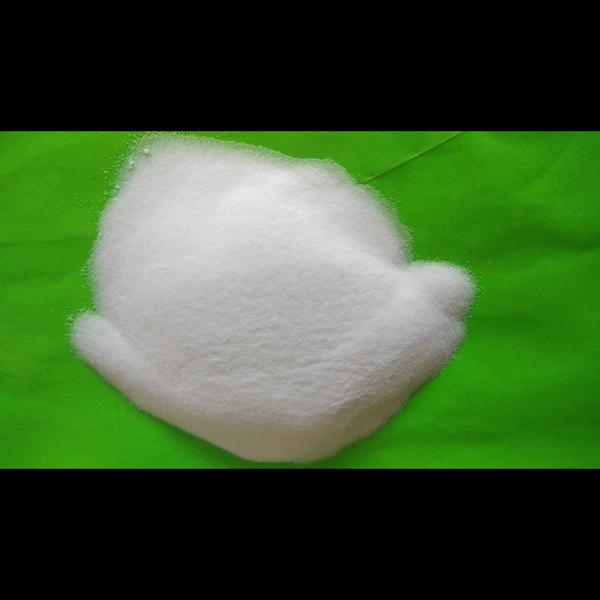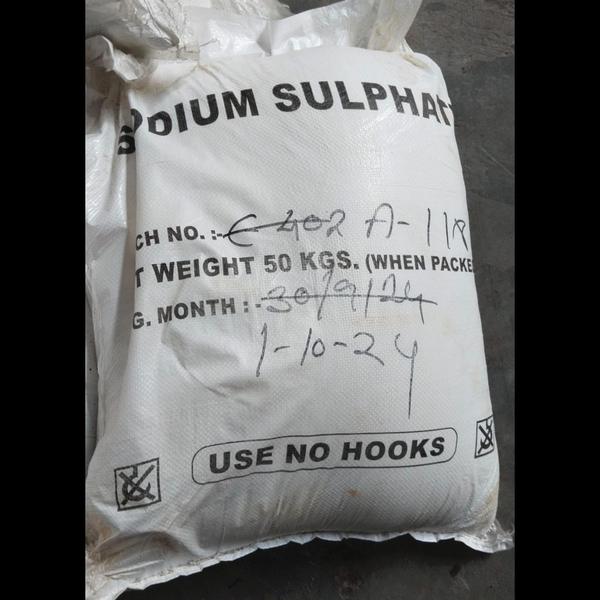The possibility or reality of a USA–Iran war would have significant ripple effects on India's chemical industry, trade, and political landscape. Here's a breakdown of each:
🇮🇳 Impact on Indian Chemical Industry
Crude Oil Price Surge:
Iran is a key player in the global oil market. A war would disrupt supply from the Persian Gulf, causing oil prices to spike.
Higher crude oil prices mean increased transportation and production costs for Indian chemical manufacturers, especially those dependent on petroleum derivatives.
Raw Material Disruptions:
Many chemicals and petrochemicals depend on imports of feedstocks and intermediates, especially from Middle East suppliers (including Iran).
Trade route disruptions (Strait of Hormuz) would delay shipments and increase import costs.
Export Challenges:
Indian companies exporting to Iran (or via Iran) could face sanctions, payment hurdles, and logistics bottlenecks.
Chemicals like sodium sulphate, sodium acetate, and urea derivatives could see reduced demand in Middle Eastern markets.
📉 Trade Impact on Indian Market
Sanctions Spillover:
Even if India isn’t directly involved, secondary US sanctions could limit India’s trade with Iran and nearby regions.
Sectors affected: Oil & Gas, Petrochemicals, Fertilizers, Pharmaceuticals.
Instability in Trade Corridors:
The International North-South Transport Corridor (INSTC), which includes Iran, may face disruptions.
Indian exporters (especially SMEs) could struggle to find cost-effective alternative routes.
Increased Global Demand Shocks:
Countries stockpiling essential chemicals during geopolitical tension can lead to price volatility.
Indian companies may gain or lose depending on supply-chain readiness.
🏛️ Political & Strategic Effects
India’s Balancing Act:
India has strong strategic ties with both the US and Iran. It will have to tread carefully to maintain neutrality without affecting national interest.
A pro-US stance could affect India's energy security and alienate certain allies.
Pressure to Cut Iranian Trade:
In previous US-Iran tensions, India was forced to cut Iranian oil imports. That scenario may return.
This also affects India's investment in Chabahar Port, a key regional strategy point.
Internal Political Reactions:
Higher inflation due to oil prices and a falling rupee may lead to domestic criticism.
Political parties may use the crisis to question the government's foreign policy.
🧾 Conclusion
The USA–Iran conflict would raise input costs, disrupt trade routes, affect exports/imports, and complicate India's foreign policy.
Indian chemical businesses must diversify suppliers, hedge risks, and prepare for currency & oil shocks in such scenarios.
Keywords
includes iran
usairan war
usairan conflict
falling rupee
chabahar port
allies pressure
prous stance
maintain neutrality
tread carefully
lose depending
geopolitical tension
reduced demand
urea derivatives
delay shipments
petrochemicals depend
production costs
increased transportation
disrupt supply
key player
oil prices
trade corridors
logistics bottlenecks chemicals
currency oil shocks
cut iranian trade
limit indias trade
global oil market
affects indias investment
affecting national interest
strong strategic ties
middle east suppliers
indian chemical manufacturers
political landscape heres
significant ripple effects



